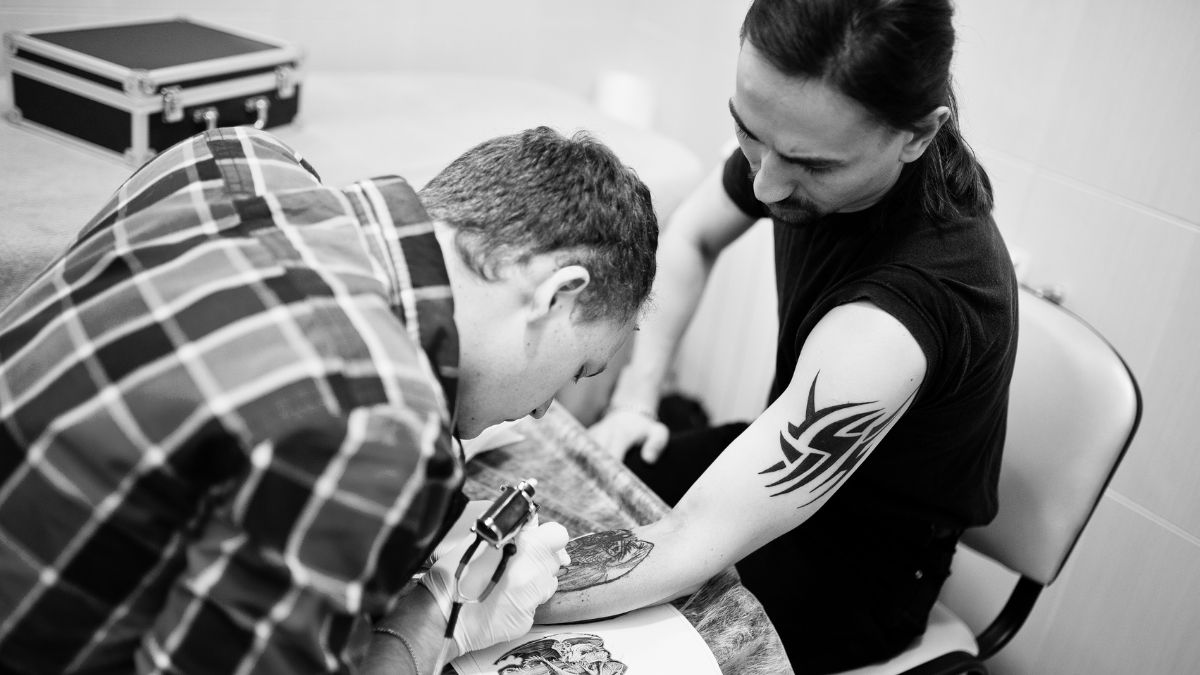Watching your baby reach developmental milestones is an exciting part of parenthood. One of the first major physical achievements is rolling over. Parents often wonder, “When do babies roll over?” and “How can I help my baby learn this skill?”
In this comprehensive guide, we’ll cover:
-
The typical age when babies start rolling over
-
Signs your baby is ready to roll
-
How to encourage rolling safely
-
What to do if your baby isn’t rolling yet
-
Safety precautions once your baby starts moving
By the end, you’ll have a clear understanding of this important milestone and how to support your little one’s development.
When Do Babies Start Rolling Over?
Most babies begin rolling over between 4 to 6 months, but the exact timing varies. Here’s a general timeline:
-
3-4 Months: Babies may roll from tummy to back first, as this movement requires less strength.
-
5-6 Months: Rolling from back to tummy usually happens later, as it demands more coordination and muscle control.
-
6-7 Months: Some babies master rolling in both directions.
Factors That Influence Rolling Over
-
Muscle Strength: Babies need strong neck, arm, and core muscles.
-
Tummy Time: Regular tummy time helps build these muscles.
-
Weight & Build: Larger babies may roll later, while smaller ones might do it sooner.
-
Personality: Some babies are more active, while others take their time.
Signs Your Baby Is Ready to Roll Over
Before rolling, babies show certain cues:
-
Lifting Their Head: During tummy time, they lift their head and shoulders.
-
Kicking Legs: They may kick and wiggle more while lying down.
-
Rocking Side to Side: This helps them gain momentum.
-
Pushing Up on Arms: Strengthens upper body for rolling.
If your baby isn’t showing these signs by 6 months, consult your pediatrician to rule out any developmental delays.
How to Help Your Baby Roll Over
You can encourage rolling with these exercises:
1. Increase Tummy Time
-
Start with 3-5 minutes, 2-3 times a day, gradually increasing.
-
Use toys or a mirror to keep them engaged.
2. Use Toys for Motivation
-
Place a favorite toy just out of reach to encourage reaching and rolling.
3. Gentle Guidance
-
When they’re on their back, gently guide their hips to one side to help them roll.
4. Strengthen Core Muscles
-
Hold their hands and help them sit up (if they have head control).
5. Avoid Too Much Time in Restrictive Gear
-
Limit swings, bouncers, and car seats to allow free movement.
What If My Baby Isn’t Rolling Over Yet?
Some babies skip rolling and move straight to sitting or crawling. However, if your baby:
-
Isn’t rolling by 7 months
-
Has stiff or floppy muscles
-
Doesn’t push up during tummy time
Consult your pediatrician to check for conditions like hypotonia (low muscle tone) or developmental delays.
Safety Tips Once Your Baby Starts Rolling
Once your baby can roll, follow these precautions:
1. Never Leave Them Unattended
-
They can roll off beds, sofas, or changing tables.
2. Stop Swaddling
-
Swaddling restricts movement, increasing suffocation risk if they roll.
3. Safe Sleep Practices
-
Always place them on their back in a crib with a firm mattress.
4. Baby-Proof the Floor
-
Keep small objects, cords, and sharp items away.
FAQs About Babies Rolling Over
1. Can a baby roll over too early?
Yes, some babies roll as early as 2-3 months, but it’s rare. If it happens, ensure safe sleep practices.
2. Do premature babies roll over later?
Yes, preemies may reach milestones later based on their adjusted age (actual age minus weeks born early).
3. What’s the next milestone after rolling?
After rolling, babies usually progress to sitting, crawling, and standing.
4. Should I worry if my baby only rolls one way?
Not immediately, but encourage rolling both ways. If they still favor one side by 9 months, ask your doctor.
Conclusion
Rolling over is a thrilling milestone that marks the beginning of your baby’s mobility. Most babies roll between 4-6 months, but every child develops at their own pace. Encourage rolling with tummy time, play, and gentle guidance, and always prioritize safety once they start moving.
If your baby hasn’t rolled by 7 months, consult your pediatrician to ensure healthy development. Enjoy this stage—soon, your little one will be sitting, crawling, and exploring the world!









